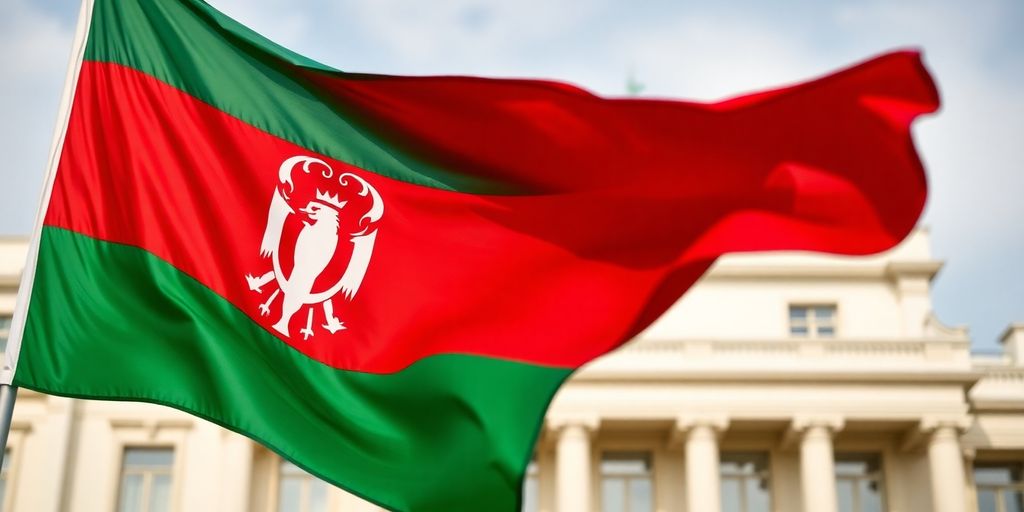Bulgarian President Rumen Radev has proposed a national referendum to determine whether the country should adopt the euro as its official currency by 2026. This announcement, made during a speech on Europe Day, has ignited significant political debate and public discourse regarding Bulgaria’s economic future.
Key Takeaways
- President Radev’s proposal aims to gauge public sentiment on euro adoption.
- The referendum is seen as a test of democratic principles within the National Assembly.
- Political responses to the proposal have been sharply divided, with some parties opposing it.
- Concerns about inflation and economic readiness for the eurozone are prevalent among citizens.
Context Of The Proposal
In his address, Radev emphasized the importance of public opinion in making such a significant decision. He stated, "As a full member of the European Union, Bulgaria is facing a strategic decision: the adoption of the single European currency." The president highlighted that there is currently no consensus among the Bulgarian populace regarding the readiness for euro adoption, nor the timeline for such a transition.
Radev’s proposal comes at a time when Bulgaria is under scrutiny from European institutions regarding its potential entry into the eurozone. The European Central Bank had previously indicated that Bulgaria’s inflation rates were too high for it to join the currency union in 2024.
Political Reactions
The proposal has sparked a wave of reactions from various political factions:
- Government Response: Prime Minister Rossen Zhelyazkov and his coalition have criticized the proposal, citing a 2024 Constitutional Court ruling that deemed a referendum on euro adoption unconstitutional. They argue that the National Assembly has already made the necessary decisions for eurozone accession.
- Opposition Voices: The reformist coalition, We Continue the Change – Democratic Bulgaria, has also labeled the referendum as unconstitutional. They assert that the president’s motives are politically driven rather than genuinely concerned with public opinion.
- Support for the Referendum: Some smaller parties and pro-Russian factions have expressed support for the referendum, viewing it as a way to gauge public sentiment against euro adoption.
Economic Concerns
Radev pointed out several economic factors contributing to the public’s hesitance regarding euro adoption:
- Inflation: Rising prices have led to skepticism about the benefits of switching currencies.
- Political Trust: A crisis of confidence in the political class has made citizens wary of governmental assurances regarding economic stability.
- Lack of Clear Measures: There is a perceived absence of effective governmental strategies to protect citizens’ purchasing power during the transition.
The Path Forward
The proposed referendum is set to be a litmus test for Bulgarian democracy, according to Radev. He believes it will allow citizens to voice their opinions on a matter that directly affects their financial future. The outcome could significantly influence Bulgaria’s economic policies and its relationship with the European Union.
As the National Assembly prepares to discuss the proposal, the political landscape remains tense, with various factions vying for influence over the future of Bulgaria’s currency and economic direction. The coming weeks will be crucial as the government and opposition parties navigate this contentious issue, with public sentiment likely playing a pivotal role in the final decision.
Sources
- Bulgaria’s president calls for referendum on euro adoption, Latest news from Azerbaijan.
- Bulgarian President sparks controversy with proposal for referendum on the euro – The Sofia Globe, The Sofia Globe.
- Bulgarian President submits to parliament the proposal for a referendum on the euro, БНР.
- Bulgaria’s president to submit request to parliament to call eurozone referendum, Euronews.
- BREAKING: Bulgaria’s President Calls for Referendum on Euro Adoption in 2026 – Novinite.com, Novinite.com.






